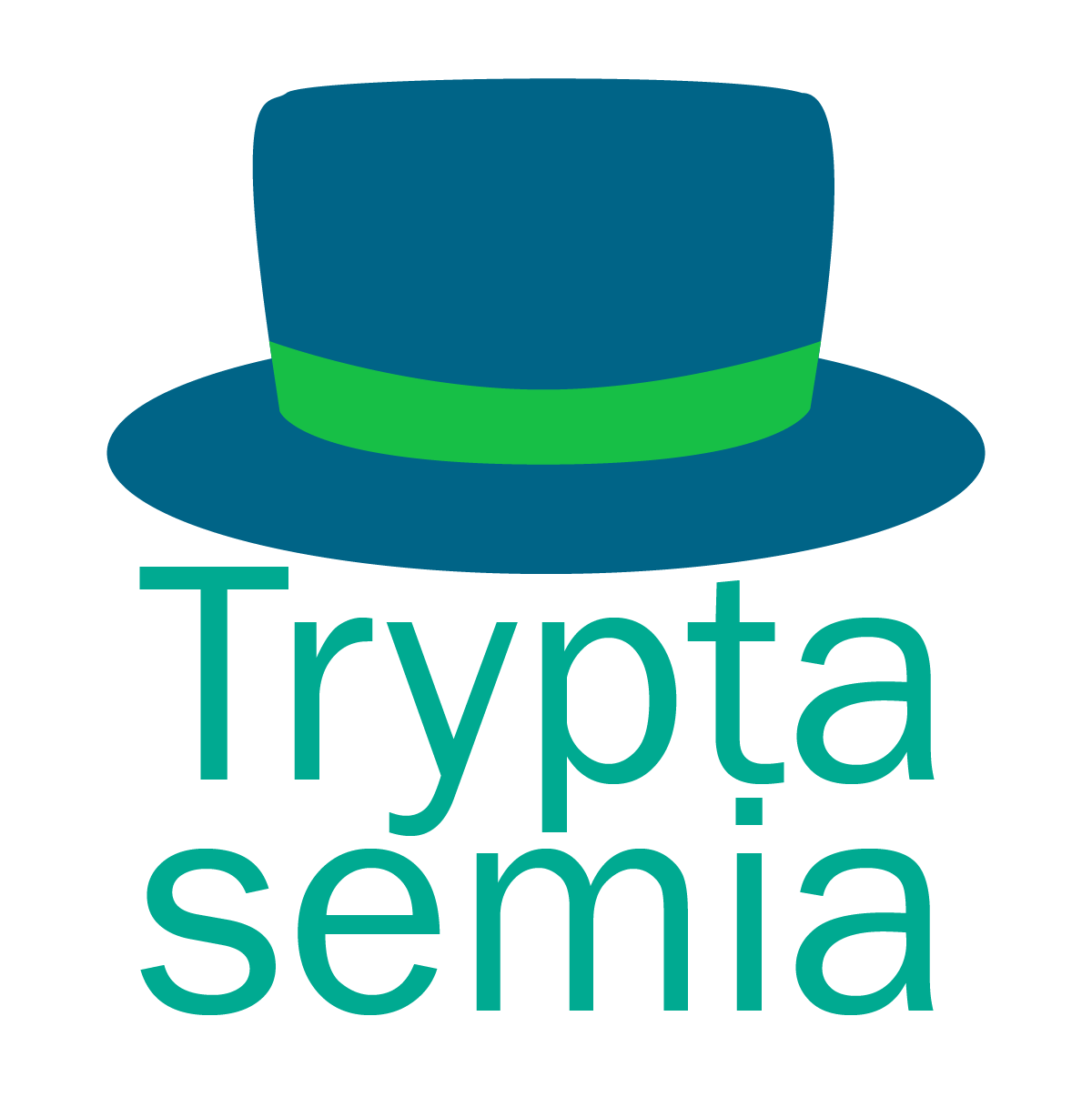
Hereditary Alpha Tryptasemia, or HAT, has also been called familial tryptasemia and hypertryptasemia. Here are a few important numbers to remember (updated 3/2023).
HAT is caused by having 2+ copies of the TPSAB1 gene on the chromosome 16p13.3 (source). This website focuses on people experiencing HATS and its co-morbidities. While some studies have indicated a gene dose effect (ie, the more copies of the gene a patient has, the more symptomatic the patient is likely to be), another more recent study has contradicted that finding.
A person whose symptoms have manifested from HAT has Hereditary Alpha Tryptasemia Syndrome, or HATS. About 66% of patients with HAT are symptomatic, and thus have HATS (Kačar 2023).

Fewer than 1000 people with HAT have been identified around the world--not all of whom experience HATS. However, the prevalence of HAT is considered to be between 3-5% of Caucasians. The same 2020 United Kingdom study mentioned above has indicated of 5% prevalence in their holistic population. In summary, neither HAT nor HATS is rare*; however, for whatever reasons, it is rarely diagnosed.
Using the above information (66% x 3-5%), 2 to 3% of the Caucasian population has HATS.
Kačar (2023) noted that there is a "moderate female preponderance of 64%."
If you suspect you may have Hereditary Alpha Tryptasemia Syndrome, see this article, "Confirming whether You Have HATS."
-------
*"Rare" is a clinical and/or political term referring to a "low" percentage of a population (ie, defined as between <4 to <6% out of 10,000 people). It varies from country to country.
The contents of Tryptasemia.com, Tryptasemia.org, and Valutivity.com, such as text, graphics, images, and other material contained on the sites ("Content") are for informational purposes only. The Content is not intended to be a substitute for professional medical advice, diagnosis, or treatment. Always seek the advice of your physician or other qualified health provider with any questions you may have regarding a medical condition. Never disregard professional medical advice or delay in seeking it because of something you have read on this site.
If you think you may have a medical emergency, call your doctor or 911 / 999 / your local emergency #, immediately. These sites' Content do not recommend or endorse any specific tests, physicians, products, procedures, opinions, or other information that may be mentioned on the site. Reliance on any Content provided by the sites' employees, others appearing on the sites at the invitation of Tryptasemia.com/Tryptasemia.org, or other visitors to the Site is solely at your own risk.
Photos on the site are © Valutivity LLC, unless otherwise noted.
Keywords:
16p13.3 mast cell tryptase hereditary alpha tryptasemia syndrome chromosome 16 duplication triplication quadruplication disorder masterocytosis indolent systemic
